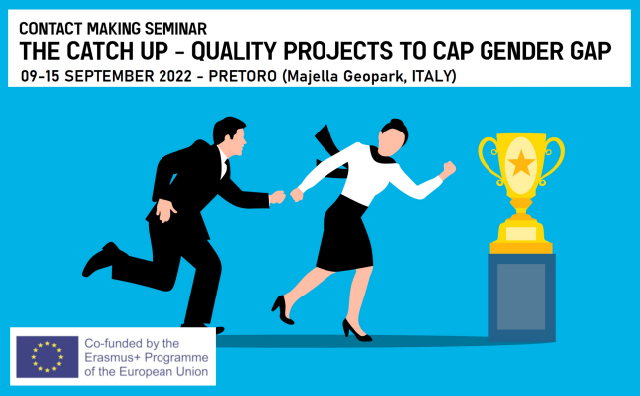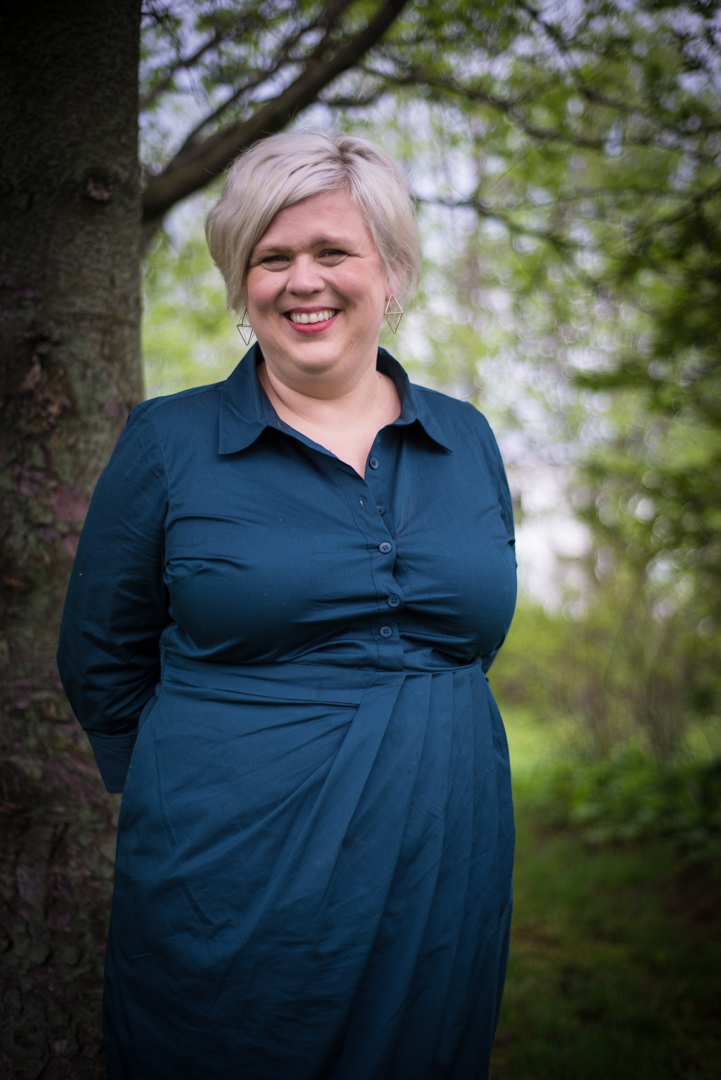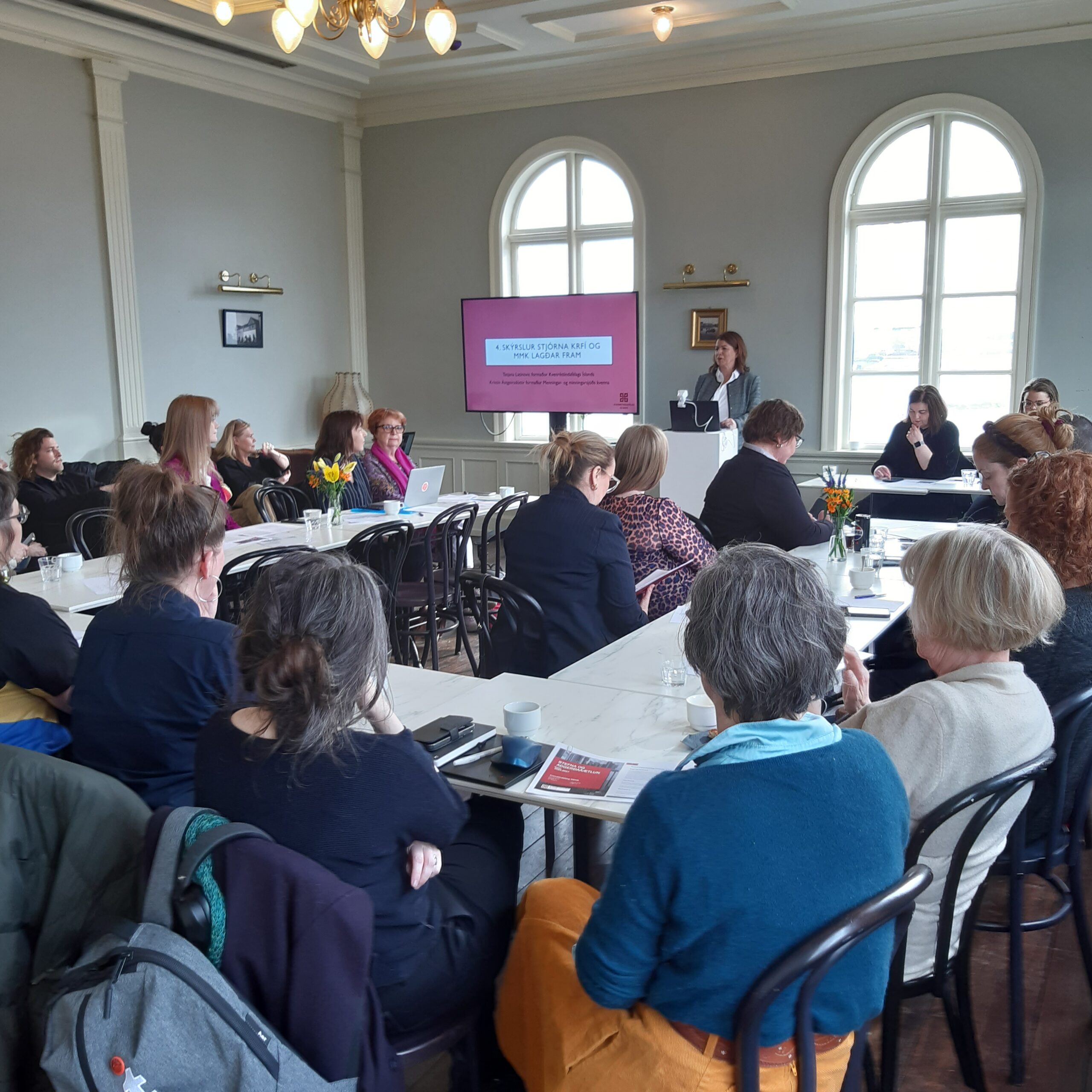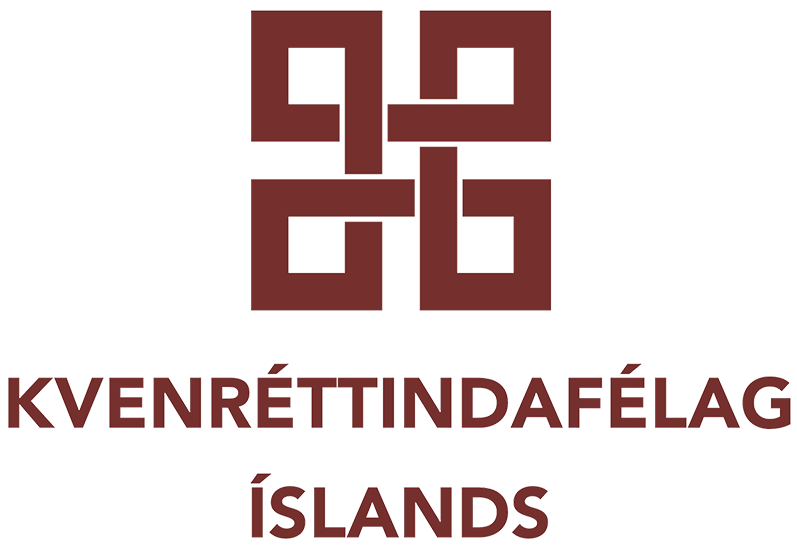
Kvenréttindafélag Íslands, í samvinnu við níu félagasamtök í Evrópu, bíður ungmennum að taka þátt í vinnusmiðju í Ítalíu um hvernig við getum lokað launamismuni kynjanna.
Vinnusmiðjan fer fram 9.-15. september í Francavilla al Mare á Ítalíu og býðst tveimur ungmennum frá Íslandi að fara út og taka þátt, þeim að kostnaðarlausu! Önnur lönd sem taka þátt eru: Armenía, Hvíta Rússland, Tékkland, Danmörk, Georgía, Ítalía, Lettland, Litháen og Holland.
Hægt er að lesa „info pack“ um verkefnið hér og sækja um hér. Endilega sendið okkur línu ef þið hafið spurningar á postur@kvenrettindafelag.is. Einnig er hægt að lesa meira um verkefnið á ensku hér að neðan.

Gender equality is a fundamental right and an internationally agreed Sustainable Development Goal. Gender balance in politics and in labour market indicates well oiled democracies and economies. Sadly, the latest “Report on equality between women and men in the EU” published by the European Commission in the 2018, reveals that EU is still quite far from being a gender-equal society. For instance, in comparison to men, women are:
A) generally employed less. In 2017, male and female employment rates have both increased slowly but steadily; reaching, in the third quarter of the year, the 78.1% the former, while the 66.6% the latter. This gap of nearly 11 percentage points has stagnated for the last few years; with no considerable catch-up observed between low (Greece, Italy, Malta and Romania), and high performing Member States (Latvia, Lithuania and Finland).
B) employed in lower-paid sectors. Out of all employees aged 15-64 across the EU, 27% of women and 15% of men, work in very low paid jobs, with very short hours and very limited security). On average, women in the EU work 6 hours longer per week, but earn over 16% less per hour than men (having also fewer paid hours).
The persistence of such circumstances, can generate negative effects such as:
- A) lack of transparency in wages. This is one of the main obstacles denying victims the
possibility to prove the discrimination, and effectively enforce their rights. - B) discrimination in hiring and career progression. On average, the employment rate of women with a child under 6, is 9 percentage points less than the one of women without children; exceeding 30 percentage points in countries such as Slovakia, Czech Republic and Hungary.
Young people should be very concerned about these issues; because statistics show that gender gap in terms of employment rate, hours worked and hourly earnings, widen with the age. This can generate a significant lifetime pay penalty and gap in pensions at retirement; consequently compromising their prospects of life.
Therefore, aim of “The Catch Up – Quality Projects to Cap Gender Gap” is to limit these risks, providing youth workers with essential informations to best foster gender equality and help women and families within the partner communities Participants will acquire and share knowledges and good practices; that will be used to develop new innovative methodologies and projects. Through these tools, participants will be able to tackle gender based discriminations in the job environments, encourage the female participation in the labour market and inspire changes in terms of work organisation and general work culture.
PARTICIPANTS PROFILE:
The participation is open to youth workers of all genders, regularly active as project managers, mentors, teachers, tutors and trainers. Participants will be preferably internal resources of the partner organisations. No age limit is predetermined. The diversity of age, like any other kind of diversity, will be rather considered an added value of learning. However, let’s try to keep the median age above 25. The participation entails a great interest to acquire knowledges and skills that must be used to:
- provide adequate information and support, in matter of job controversies, maternity leave and gender gap related issues in general.
- develop new projects, services and collaborations.
PLEASE APPLY ONLY IF YOU ARE:
- Based in one of the partner countries,
- A creative mind, motivated to understand and tackle the consequences of gender inequality within the job market, as well as to enhance your project management and planning skills.
- Really free from other commitments in the same period of the mobility,
- To some extent proficient in the English language,
- Aware that you represent the partner organisations. Therefore any behaviour that could jeopardise the quality of the project, the image of the organisers, your health, and the safety within the group won’t be tolerated. (including absences and delays),
- Curious, resolute, tolerant and aware that you will have to ensure the maximum
commitment before, during and after the mobility.




